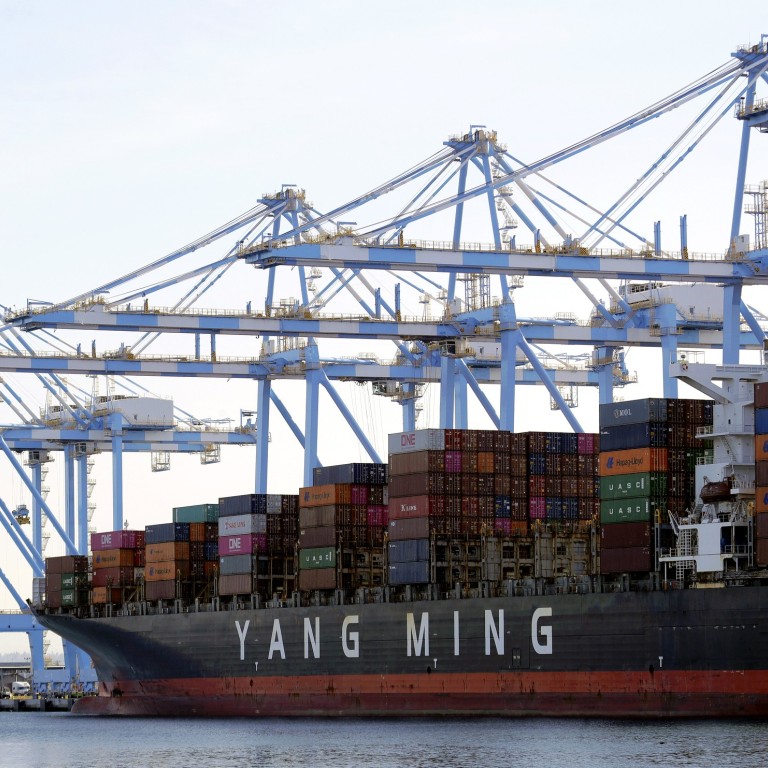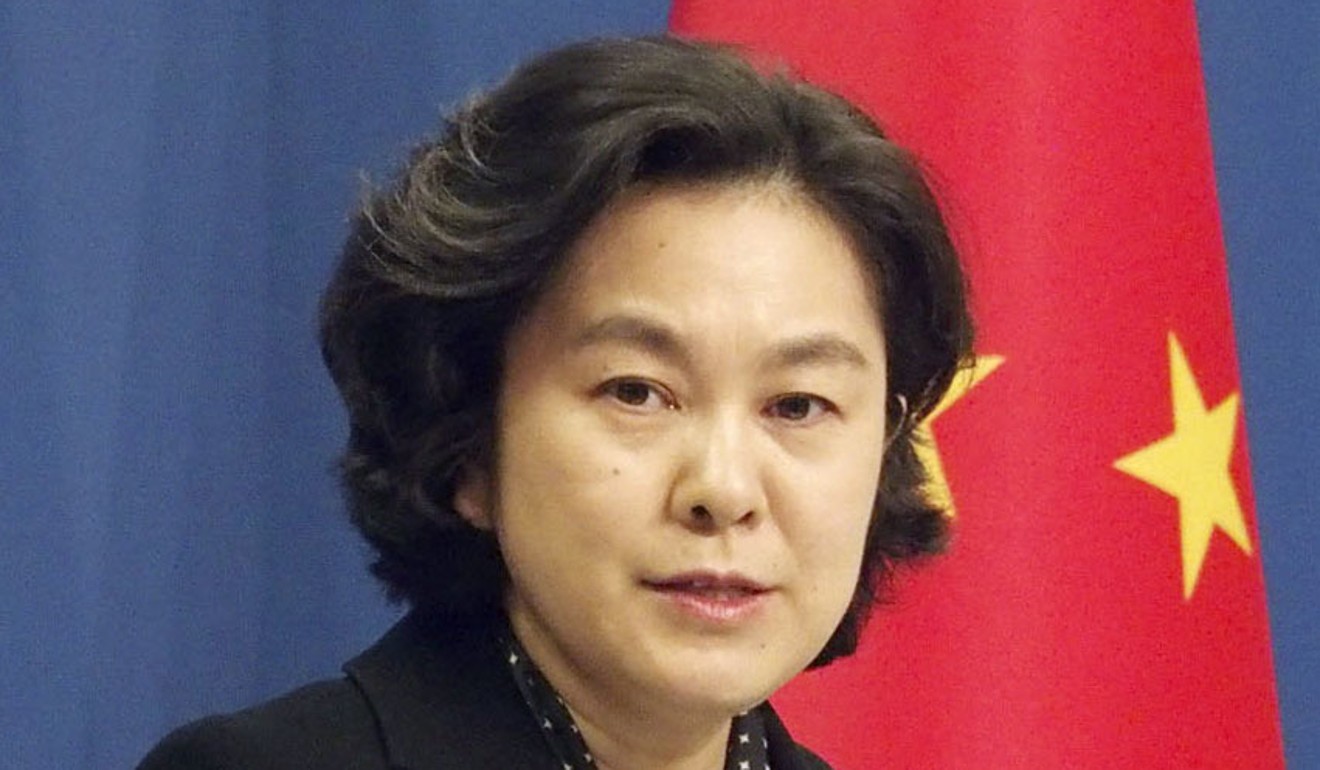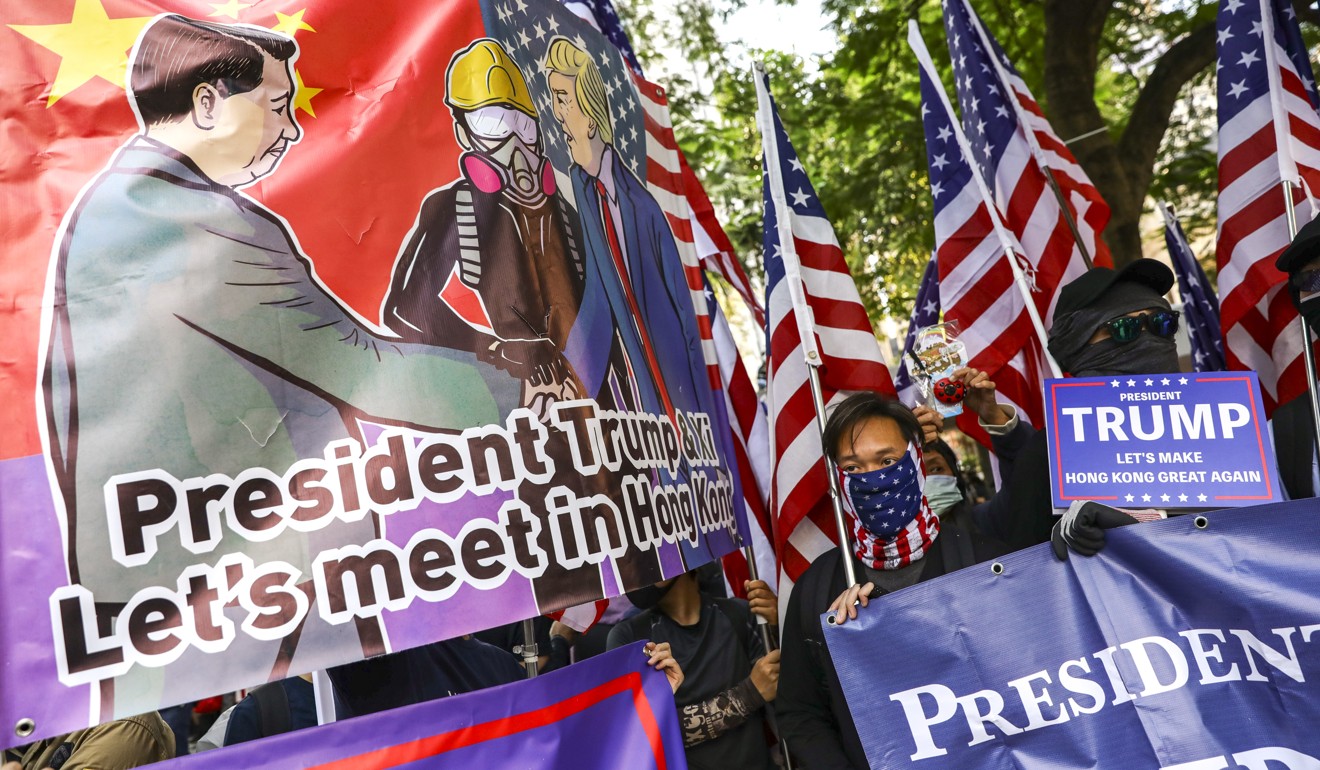
China won’t set a time limit for reaching a trade deal with US, foreign ministry says
- Beijing will meet ‘unilateralism, protectionism and trade bullying’ with ‘resolute and decisive measures to protect [its] interests’, spokeswoman says
- ‘Trade negotiations should be conducted in an equal and mutually respectful way,’ she says
“The trade negotiations should be conducted in an equal and mutually respectful way, and the deal must be mutually beneficial,” foreign ministry spokeswoman Hua Chunying said at a regular press briefing.
While a tariff war did nothing for the interests of China or the US, Beijing would respond if Washington imposed fresh duties on its goods, she said.
“When faced with unilateralism, protectionism and trade bullying, we have no other choice but to respond with resolute and decisive measures to protect China’s righteous and legal interests. So we won’t set a time limit for the trade deal.”
“But they want to make a deal now and we will see whether the deal is going to be right.”

The US president has threatened to impose 15 per cent tariffs on a further US$160 billion worth of Chinese imports from December 15 if an interim deal is not reached before that date. US Commerce Secretary Wilbur Ross reiterated the warning on Tuesday.
The latest confusion as to when a deal might be finalised comes amid rising tensions between Beijing and Washington, after Trump last week signed into law the Hong Kong Human Rights and Democracy Act, drawing a sharp rebuke from Beijing.

And on Wednesday, the US House of Representatives passed a bill that would pave the way for imposing sanctions on officials accused of human rights abuses in China’s far western region of Xinjiang.
Liu Weidong, a US affairs expert at the Chinese Academy of Social Sciences (CASS), said that regardless of the latest remarks and speculation, the two sides appeared to be locked in a war of attrition.
“I think China and the US have reached a stalemate. Yes, China has suffered huge losses from the punitive tariffs imposed by the US, but the upcoming US election has also brought lots of trouble for US politicians too,” he said.
“If the US goes ahead with the new duties on December 15, China could respond with tit-for-tat tariffs on US imports. It could also withdraw its promises to open up its markets to US agricultural products, oil and other goods.”
What was certain was that China would not compromise on its position that the US must first remove its tariffs before a deal could be reached, Liu said.
Lu Xiang, another Sino-US specialist at the CASS, agreed that Beijing would not respond to the threat of more punitive duties.
“China and the US are testing each other to see which can endure the most pressure over the longest time,” he said.
“[But] threats from the US won’t work against China, even though it [Beijing] doesn’t want the trade war to continue.”

